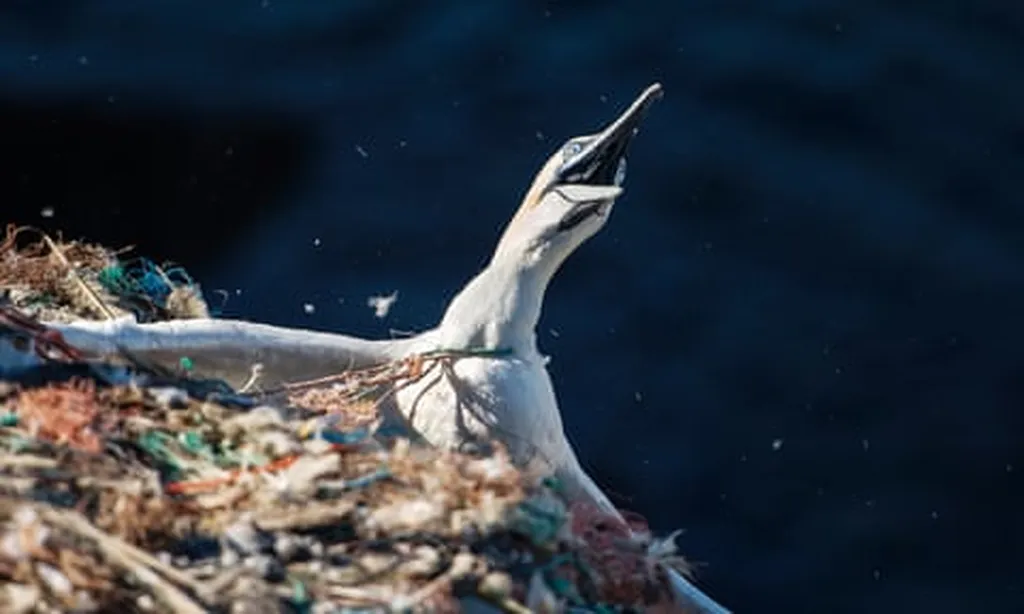In the vast landscape of modern agriculture, plastics have emerged as both a boon and a bane, a duality that researchers are now scrutinizing to strike a balance between efficiency and sustainability. A recent review published in the journal *Почвознание, агрохимия и екология* (Soil Science, Agrochemistry and Ecology) by lead author Ivanka Mitova from the Institute of Soil Science, Agrochemistry and Agroecology “N. Poushkarov” in Sofia, delves into the transformative role of plastics in agriculture and the pressing challenges they pose.
Plastics have become indispensable in agriculture, serving a myriad of purposes from creating optimal microclimatic conditions to facilitating efficient irrigation and storage systems. “Plastic foils play an important role in storage and irrigation systems due to their low cost, flexibility to generate interesting technical solutions, easy installation and efficiency,” Mitova explains. The versatility of plastics is evident in their widespread use, from vegetable and fruit transport packaging to drip irrigation systems and controlled growing environments.
However, the ubiquity of plastics in agriculture comes with significant environmental concerns. While biodegradable plastics are touted as a state-of-the-art solution, Mitova cautions that fully biodegradable materials have yet to be realized. “Although, fully biodegradable plastic materials have not yet been created. In addition, there is no evidence from toxicological studies that their use is safe for soil health, flora and fauna,” she notes. This highlights the need for further research and innovation to develop truly sustainable alternatives.
The commercial implications of this research are profound. The energy sector, which often intersects with agriculture in the production and disposal of plastics, stands to benefit from advancements in biodegradable materials. As the demand for sustainable practices grows, the development of safe and effective biodegradable plastics could open new avenues for investment and innovation.
Mitova’s review underscores the critical need for a balanced approach that leverages the benefits of plastics while mitigating their environmental impact. As the agricultural sector continues to evolve, the insights from this research could shape future strategies for sustainable farming practices. The journey towards a greener future in agriculture is complex, but with continued research and innovation, the challenges posed by plastics can be overcome, paving the way for a more sustainable and environmentally friendly farming landscape.

